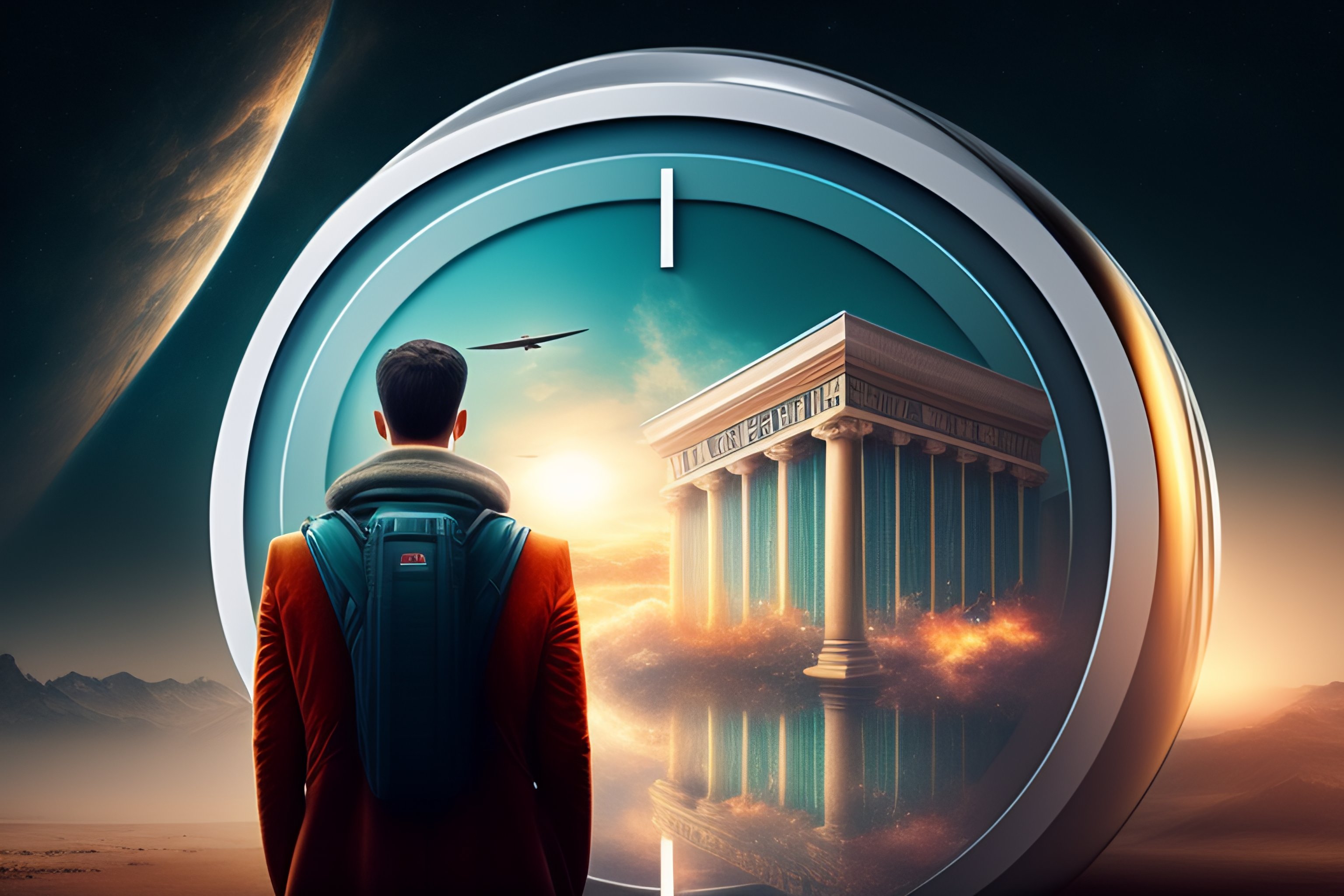Time travel has been a popular concept in science fiction for decades, but is it actually possible in the real world? Theoretical physics suggests that time travel may be possible, but it raises questions about the nature of time and the universe.
One theory of time travel involves traveling faster than the speed of light. According to Einstein's theory of relativity, time slows down as an object approaches the speed of light. If someone were to travel at or beyond the speed of light, time would essentially stop for them, allowing them to travel through time.
Another theory involves the use of wormholes, which are theoretical shortcuts through space-time. A wormhole could potentially connect two points in time, allowing for travel back and forth through time.
While these theories are intriguing, they also raise questions about the stability and consistency of the universe. Time travel could potentially create paradoxes, such as the classic "grandfather paradox" in which someone travels back in time and prevents their own existence.
Additionally, time travel could have significant implications for the course of history and the nature of free will. If time travel were possible, it would challenge the idea of a fixed timeline and could potentially allow for the alteration of events in the past.
Overall, while time travel remains a topic of speculation and theoretical exploration in physics, it also raises profound questions about the nature of time and the universe. The implications of time travel, both for the universe and for human understanding of our place in it, are fascinating and continue to be explored by scientists and science fiction writers alike.

